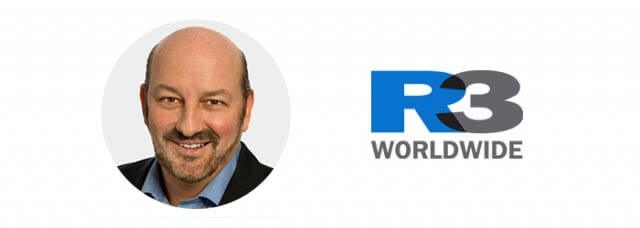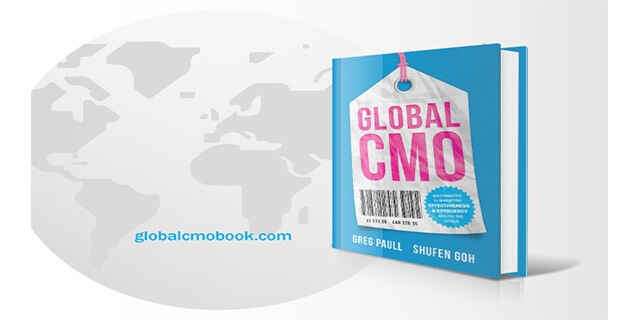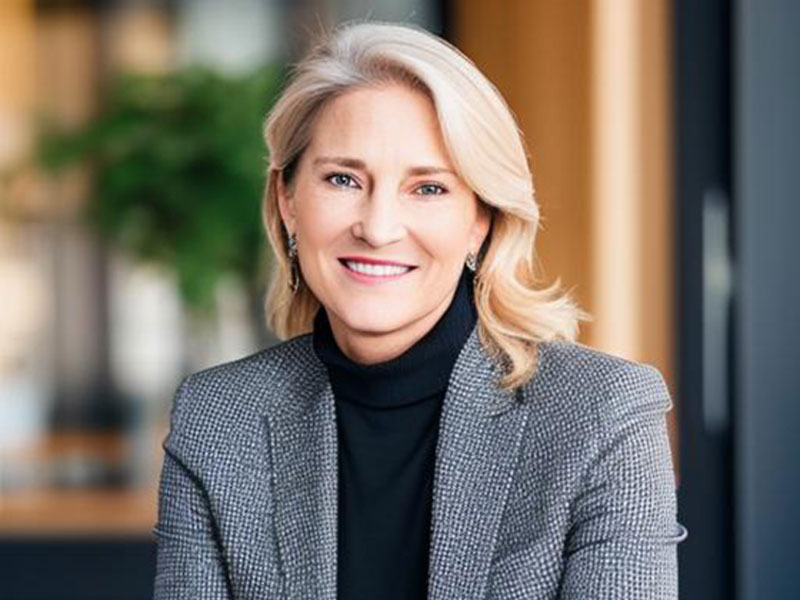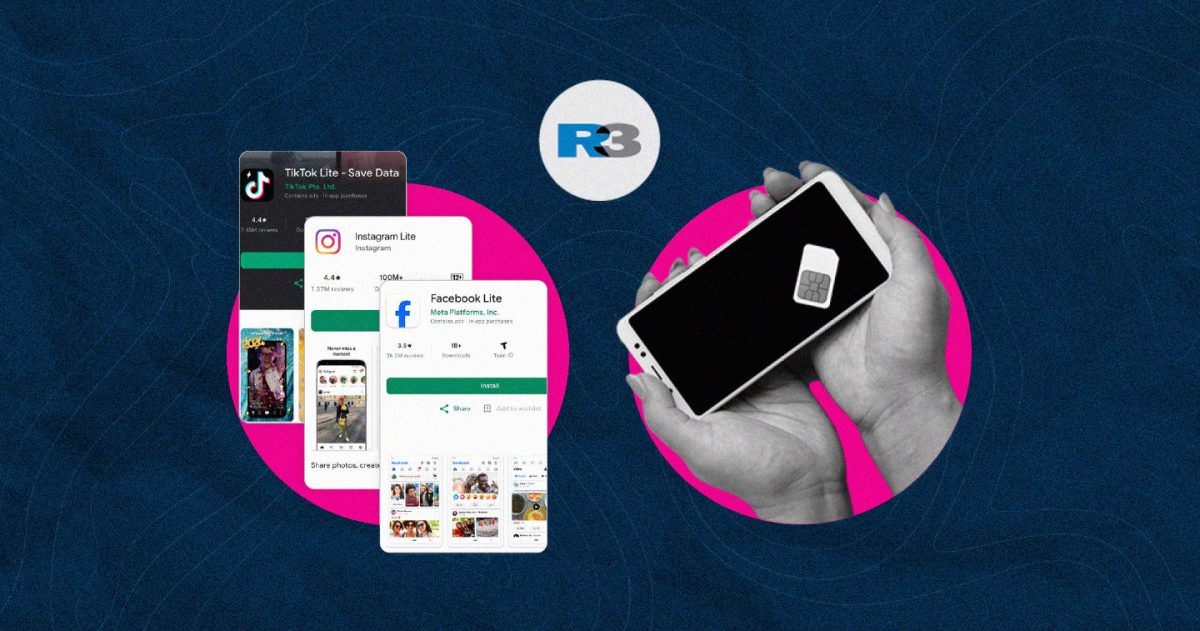
Digital transformation is the topic on everyone’s lips in marketing circles these days. What it is, how it manifests and, most important, what the CMO’s role is in driving digital transformation are areas ripe for unpacking. They are also the areas Greg Paull, cofounder of global marketing consulting firm R3, digs into in his recently released book, Global CMO: Best Practice in Marketing Effectiveness and Efficiency Around the World, coauthored by R3 Cofounder Shufen Goh. Through interviews with more than a dozen of the world’s leading CMOs, including GE’s Linda Boff and Samsung Electronics’ Younghee Lee, Paull culls insights and action steps all marketers can implement in their journey to true and impactful digital transformation—key at a time when CMOs are being expected to deliver on not just brand goals but business goals—all in a post-advertising world.
I caught up with Paull on the day of the book’s release to learn more about its impetus and its focus, and what he hopes all CMOs can learn from his research. Our interview, edited for length and clarity, follows.
Jenny Rooney: Why write the book, and why now?
Greg Paull: There’s been from our own clients’ experience such a demand for benchmarking, and it’s not a story that’s told consistently well enough. For global CMOs [overseeing] multiple markets, digital transformation is…something to revisit in three or four years and update as the market changes.
Rooney: How are you defining digital transformation in the book?
Paull: The challenge that every CMO is going through in terms of the [shift of the] whole background of the consumer ecosystem and the consumer journey. We’ve seen radical changes in the way consumers are buying products. There’s a new way of working now. Have CIOs and CSOs far more aligned than ever before. Not every company is set up to have that triangulated process, and that’s another scenario we’re seeing play out. For us it’s more about the customer and the way that they are interfacing [with brands] that is really having an impact. Regardless of category, the challenges are coming across the board. All marketers are going through similar challenges in changes in customer journey that they’ve never seen before.
Rooney: What is the single most common thing digital can deliver on—commerce? Brand? Customer engagement? Experience?
Paull: A frictionless relationship. Something Amazon is doing very well. Amazon through Prime and Alexa and the Dash buttons…everything is about building a frictionless journey. That’s the holy grail of every CMO right now. [They’re asking themselves,] how do we get out of the way of the process? If you listen to Raja [Rajamannar] at MasterCard, 250 million consumers are blocking advertising. They don’t want advertising and marketing. You actually have to treat it in a different way that what it was five or 10 years ago. That makes the CMO’s job even more complicated.

Rooney: Not to get caught up in semantics, but is CMO the best title for the role moving forward?
Paull: Francsico Crespo is chief growth officer at Coca-Cola; it’s a fair question. We didn’t dwell on that necessarily in the book. Definitely the role of marketing has changed in the past five years more than in the past 20 years. If you told a marketer five years ago that Amazon would be their key advertising vehicle because it’s a new storefront, that money now needs to be spent on Amazon because that’s where people are shopping, they wouldn’t have believed you.
Rooney: How would you describe the new state of collaboration within organizations?
Paull: There are new tools and process that are happening, but in the end it is still human connection that’s making it happen. [Lenovo CMO] David Roman has monthly marketing meetings [around the world]. If you’re going to be a true global marketing leader, you need to be in touch. Process and tools are one thing, but in the end it’s the human concept of collaboration that’s still critical.
Rooney: Where are CMOs, generally, on the data-use journey?
Paull: That really varies by category, for example, financial services are leading the way because they have great access to that [consumer transaction] data. Others like CPG have relied less on that but they’re starting to change that. The growth of social has reduced the cost of customer acquisition and interaction significantly. Now you can easily reach out to your followers with a message.
Rooney: Where is control falling—of creative, of data, of customer journey—in this new era?
Paull: There’s been a major trend of insourcing. The growth of inhouse agencies at places like Unilever and Mondelez…far more work is being done in house than there had been historically, but there’s still a huge need for creative content, outstanding creative content, because consumers are avoiding advertising. Never before has it been required to have outstanding creative content. It’s premature to say [we are witnessing the] death of the agency model, because in the end you have to create something worthwhile, memorable and impactful. That’s why we still have faith in the holding companies and agencies because you are going to need more content than ever before. The range of people who are going to have to make that is going to increase.
Rooney: You provide marching orders for “future fit CMOs;” meaning, things longtime CMOs must do to shift; but what are you seeing among emerging CMOs, those new to the profession?
Paull: There’s a great quote [in the book] from Mukul Deoras, the CMO of Colgate Palmolive: “It’s not the learning, it’s the unlearning.” New CMOs are coming at it from a new mindset. That’s a real advantage. Some companies have this reverse mentoring. Where there’s a culture where the first generation is open to being educated by the second, that’s an extremely positive environment and can only help on both sides.





